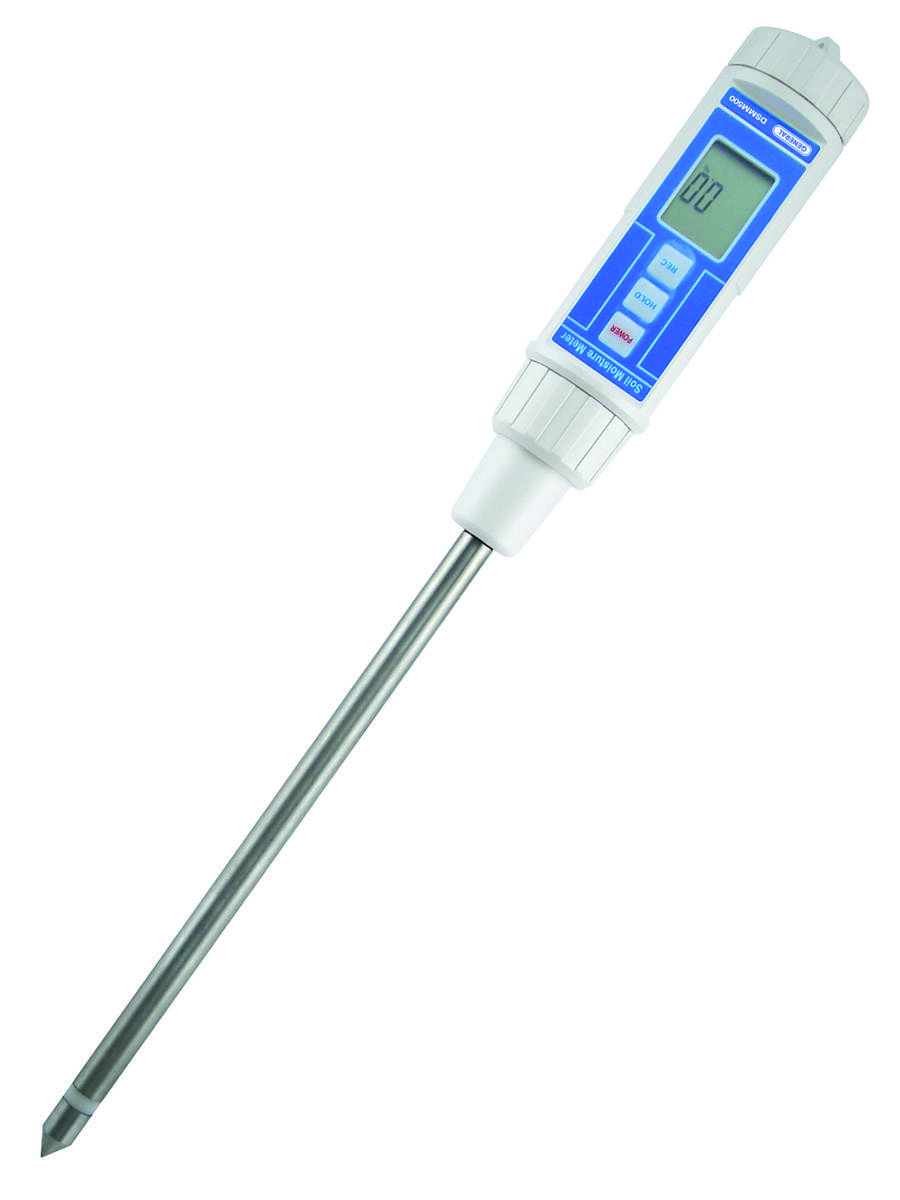The Science Behind Moisture Meters: Just How They Work and Why They're Vital
The Science Behind Moisture Meters: Just How They Work and Why They're Vital
Blog Article
The Ultimate Guide to Moisture Meters: A Comprehensive Review and Just How They Can Save You Cash
Moisture meters serve as essential tools in discovering and monitoring moisture material in materials, assisting in preventing expensive damages and making certain the high quality of items. Recognizing the nuances of different kinds of wetness meters, their applications, and the prospective cost-saving advantages they use can be a game-changer for professionals and companies alike.
Kinds Of Wetness Meters
One usual type is the pin-type dampness meter, which measures the electric resistance between 2 pins inserted right into a product. Pinless moisture meters, on the other hand, usage electromagnetic sensor plates to scan a larger location without causing damages to the material's surface.

Infrared wetness meters determine the thermal properties of a product to identify its wetness web content non-invasively, making them valuable for applications where pin or pinless meters might not be appropriate. Understanding the different kinds of wetness meters readily available can help industries choose the most appropriate device for their particular dampness dimension requirements.

Advantages of Making Use Of Moisture Meters
Dampness meters use vital benefits in precisely evaluating and keeping track of moisture degrees in varied products and settings. One of the main advantages of making use of wetness meters is the prevention of potential damages triggered by excess moisture.
In addition, utilizing moisture meters can lead to raised energy efficiency. By recognizing areas with high dampness levels, such as leaks or bad insulation, adjustments can be made to boost energy preservation and minimize utility expenses. In agricultural setups, moisture meters play a crucial function in optimizing plant yields by making it possible for farmers to keep track of dirt wetness degrees and make informed watering decisions. On the whole, the benefits of making use of moisture meters extend across numerous industries, supplying affordable services and advertising better quality assurance practices.
Just How to Choose the Right Wetness Meter
When selecting a moisture meter, it's essential to ensure that the meter is ideal for the particular material you will certainly be screening. Different products have varying electric properties that can influence moisture analyses, so choosing a meter designed for your product is essential for precise results. By carefully reviewing these aspects, you can choose a dampness meter that meets your demands and offers exact wetness dimensions for your jobs.
Correct Methods for Dampness Meter Usage

Cost Cost Savings Through Dampness Meter Applications
Just how can the critical application of dampness meters cause considerable cost financial savings throughout different industries? Dampness meters play a crucial duty in expense savings by preventing possible damages and guaranteeing quality control in various industries. In the agriculture sector, wetness meters aid in establishing the ideal time for harvesting plants, avoiding over-drying or excess dampness that can impact the final item's high quality. This precise surveillance assists farmers avoid unneeded losses and optimize their return.
In a similar way, in construction, moisture meters aid stop costly problems by identifying moisture levels in structure materials, such as timber or concrete, which can cause architectural problems otherwise attended to without delay. By determining problem locations beforehand, service providers can take restorative measures to avoid comprehensive repairs or replacements, eventually saving time and money.
Moreover, in the food handling industry, wetness meters are crucial for keeping track of product top quality and ensuring compliance with safety policies. By precisely determining dampness web content in food items, manufacturers can avoid putridity, preserve freshness, and minimize waste, causing substantial price financial savings. Overall, the strategic application of moisture meters is a valuable investment that can result in substantial cost reductions and improved performance throughout numerous markets.
Final Thought
In verdict, wetness meters are beneficial tools for detecting and gauging wetness degrees in different products. By using the appropriate wetness meter and following appropriate strategies, individuals can properly avoid pricey damages created by excess moisture.
Dampness meters serve as important devices in spotting and monitoring moisture Get More Info material in products, aiding in stopping costly problems and ensuring the top quality of products. Infrared wetness meters determine the thermal residential properties of a product to identify its moisture web content non-invasively, making them useful for applications where pin or pinless meters may not be suitable.Wetness meters provide invaluable advantages in precisely keeping track of and examining dampness degrees in varied products and environments. In agricultural settings, moisture meters play a vital duty in maximizing plant returns by making it possible for farmers to monitor soil moisture levels and make informed irrigation decisions.In conclusion, moisture meters are valuable tools for spotting and measuring moisture levels in various products.
Report this page